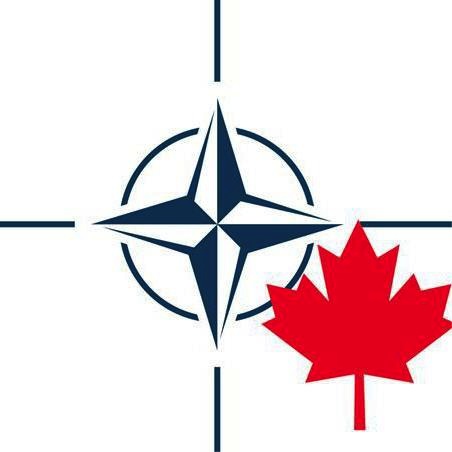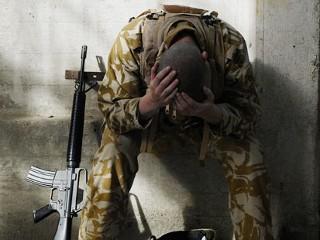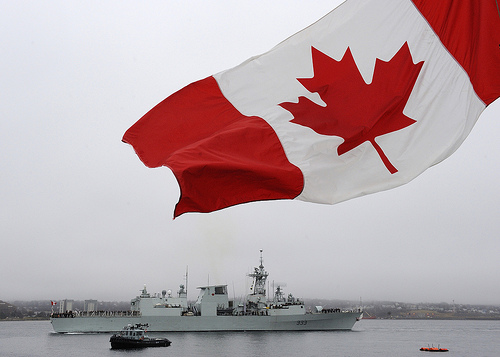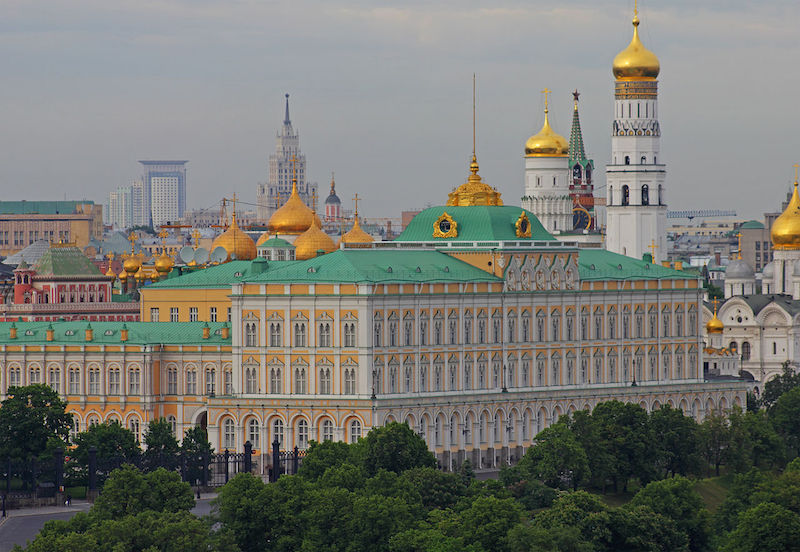In the spring of this year, NATO Secretary General Anders Fogh Rasmussen tasked eight think tanks in different NATO countries to investigate and report on why defence ‘matters’ to member countries. The NATO Council of Canada was given the opportunity to undertake the project for Canada, under the direction of Paul Chapin and Col. (Ret’d) Brian MacDonald. The research undertaken consisted of consultations throughout the country, scanning analytical studies, reviewing data from public opinion polling, documenting the findings, and preparing the report to be submitted to the International Staff at NATO headquarters in Brussels.
This report has interesting implications for both Canada and the future of NATO. It was found that Canadians do appreciate that ‘defence matters’. Canadians support their troops, and are aware that defence is important for Canada’s foreign policy debate. Despite this, there is some disconnect between recognizing the importance of defence, and actual knowledge of what this entails in today’s international climate. The report also found that despite the recognition of the importance of defence, Canadians are unaware of their national interests, and what threats may exist for them in the world. As such, it is more difficult to justify increased or even maintained defence spending and NATO engagement. There has been little engagement between the government, military, civil society, and private sector to better inform the public as to Canada’s standing in the world, and the security situation we are presently facing. Canada’s interests in the Arctic, the Americas, and the Pacific are increasing, but Canadians’ knowledge of these issues is quite low.
Further, it has been found that Canadians’ support for defence spending on international operations other than disaster/humanitarian relief has been on the decline since 2008-2009, when engagement in Afghanistan was at its peak.
In addition, NATO’s priorities have and are continuing to change. NATO has increased its international focus in response to emerging global threats to extend beyond the North Atlantic region. Emerging security concerns involve Russia, which has proven willing to make aggressive moves in its region without a response from the West. China is also of growing importance to the West for several reasons: an increase in defence spending, continued territorial and maritime disputes in the China Sea and potentially further expansion into the Eastern Pacific and Indian Ocean. Finally, radical Islam is seen as an increasing threat globally and especially Canada which is seeing a large increase in its Muslim population, and radical Islam “possesses a violent streak which has brought great misery to millions including the peaceful populations of Muslim countries”.
The report also notes that a major issue facing NATO today is the issue of burden sharing. As by far the greatest investor in NATO, the US has been advocating for increased European defence spending for some time now. A major issue plaguing the resolution of this debate is the lack of consensus on NATO’s priorities. Some view NATO’s mandate to be limited to Eurocentric security, whereas an opposing camp views international threats to be of NATO’s concern as well, due to the spill-over effect in today’s globalized society.
As such, the primary recommendations from the report are as follows:
1) The Canadian government needs to do a better job of informing its citizenry of the importance of national defence to Canadians from emerging security threats. A better civil-military alliance should be fostered and supported by the central government as well, to better ensure Canadians are aware of the threats facing our Forces regularly, and to ensure continued defence spending as required. This process should also include the private sector.
2) NATO states need to put a halt to disputes over burden sharing until the Alliance has better established the mandate of the organization in the coming years
3) An inquiry should be set up in order to investigate the possibilities of a division of efforts based on regional concerns, i.e. Canada and USA become responsible for North American security, Europe becomes responsible for European security including Russia and the Mediterranean, and shared regions are a joint effort.
4) NATO should also look into possibilities of NATO states creating their own ad-hoc coalitions with non-member states, for ‘managing even the most challenging crises’ in other theatres
Each of these recommendations would increase the understanding within both Canada and other member states of why and how much defence ‘matters’ to individuals and NATO member states.




